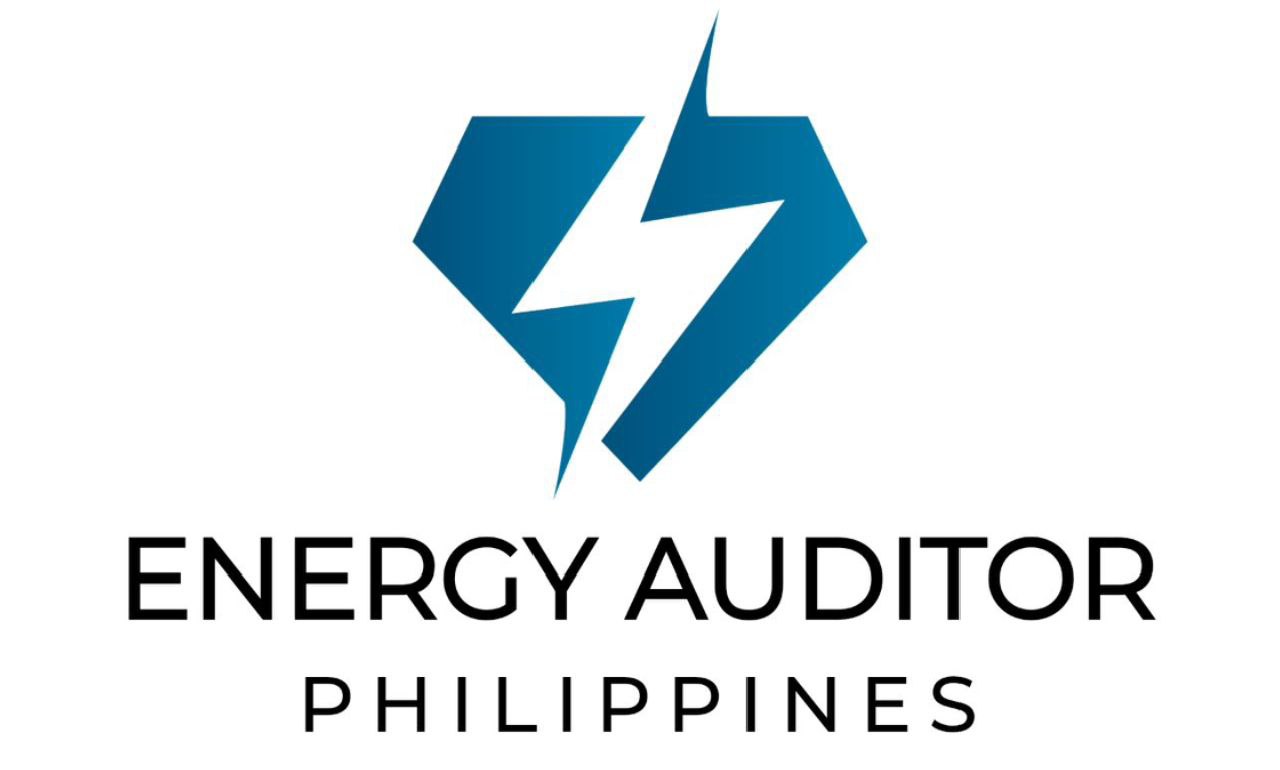Potential Energy-Saving Measures and Technologies
1. Energy-Efficient Lighting Systems: Upgrading to energy-efficient lighting solutions, such as LED bulbs, can significantly reduce energy consumption in commercial buildings. These lighting systems consume less electricity, have longer lifespans, and offer better illumination quality compared to traditional incandescent bulbs.
2. HVAC System Optimization: Heating, ventilation, and air conditioning (HVAC) systems are significant energy consumers in commercial buildings. By optimizing HVAC systems through regular maintenance, upgrading to energy-efficient models, and implementing smart control systems, companies can achieve substantial energy savings.
3. Building Envelope Upgrades: Improving the insulation and sealing of buildings can reduce energy waste by preventing air leaks and ensuring better temperature control. Upgrading windows, doors, and insulation materials can result in significant energy savings.
4. Equipment Upgrades: Upgrading outdated and inefficient equipment can lead to substantial energy savings. The energy audit can identify equipment that consumes excessive energy and recommend more energy-efficient alternatives.
5. Smart Energy Management Systems: Implementing smart energy management systems allows for real-time monitoring and control of energy usage. These systems can optimize energy consumption based on occupancy schedules, weather conditions, and other factors, leading to significant energy savings.
Conducting an energy audit in a company can provide numerous benefits beyond compliance, particularly in reducing energy consumption in operations. By identifying energy usage patterns, assessing equipment efficiency, uncovering energy waste, quantifying energy consumption, and identifying potential savings, companies can develop tailored strategies to reduce energy consumption and achieve cost savings. Implementing energy-saving measures and technologies, such as energy-efficient lighting systems, HVAC system optimization, building envelope upgrades, equipment upgrades, and smart energy management systems, can further enhance the energy efficiency of operations. The value of conducting an energy audit lies in its potential to improve cost savings, environmental sustainability, and operational efficiency, making it a valuable practice for companies aiming to reduce energy consumption and achieve long-term success.











































